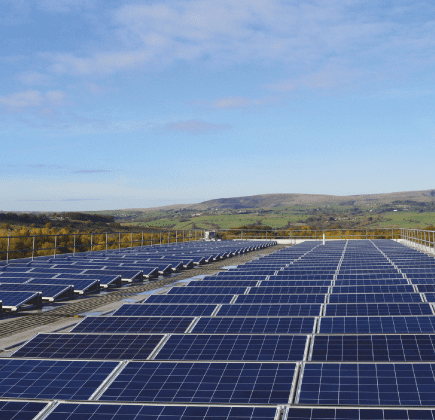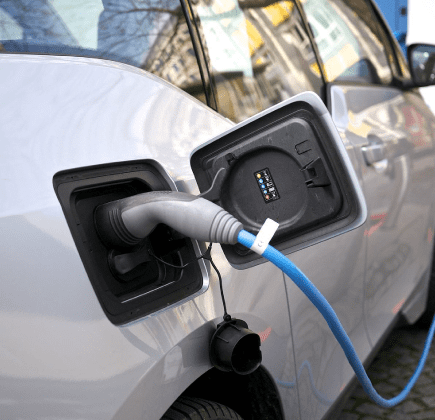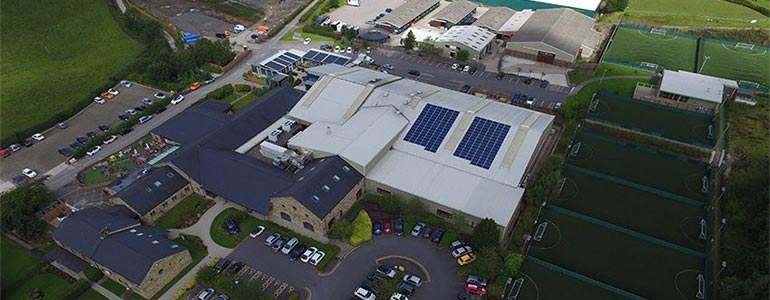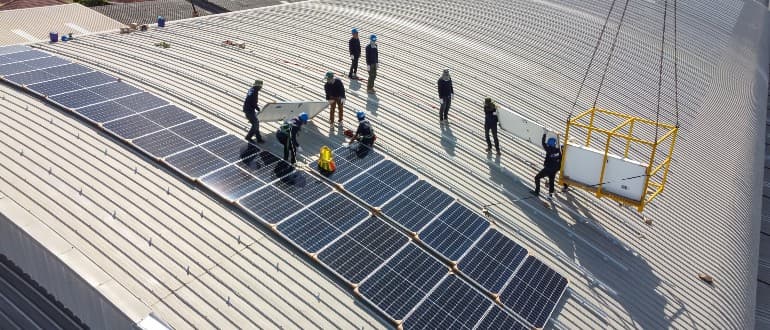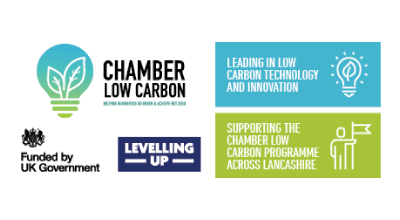- UK: 01282 421 489
- IE: 00 353 913 981 80

If you’ve read any of our posts before here at Low Carbon Energy, you may well have heard us talk about ESG before. To quickly recap: ESG stands for Environmental, Social and Governance, which refers to a set of key criteria that’s frequently used by investors to make pivotal decisions about what companies they might want to invest in.
That’s why it’s been such a major priority for so many of our customers considering commercial solar panels, and indeed an increasingly bigger concern for the UK’s business community at large – especially over the past year or so.
That importance doesn’t look set to diminish any time soon. In addition to tightening EU regulations, there are already rumours swirling around of a proposed ‘Better Business Act’ in the UK, which would replace section 172 of the Companies Act 2006. In theory, this would put more stringent requirements on British private sector organisations to take more complete ownership of their social and environmental impacts.
So with ESG rapidly becoming such an integral aspect of how so many companies do business, which executives should take primary responsibility for ESG reporting? There are a couple of different schools of thought!

Option #1 – the CSO (Chief Sustainability Officer)
It makes sense to start with the most intuitive option! Many would regard ESG reporting as being naturally in the domain of the Chief Sustainability Officer, or equivalent – which is fair, as it does make up a key part of the brief. After all, most CSOs are primarily in charge of implementing sustainability initiatives, and ESG reporting is closely tied to their progress, so it makes sense for the CSO to take on overall responsibility for that too.
It can also allow for a more flexible and dynamic approach to achieving sustainability objectives, as the CSO’s background and expertise gives them a headstart on understanding the nuances in ESG reporting, such as how the information can be best collected and presented, especially to a lay audience.
With their knowledge of the practicalities and implementation of sustainability strategies, they’re also arguably best placed to respond and adapt to any issues that the collected data might have identified, and take internal action to rectify them accordingly.
CFO (Chief Financial Officer)
Notably, there are some quite high-profile proponents of the idea that CFOs should be responsible for ESG reporting, including the executive director at Antithesis Group, a British environmental consultancy. Their argument is that financial data is intrinsically linked to ESG reporting. And what’s more, the rise in mandatory reporting means that for many companies, the CFO increasingly seems like the most intuitive choice to handle it.
It’s also worth noting that the Chief Financial Officer is the person best placed within the company to support investment for sustainability programmes. Plus, where any large sums of money are involved, some organisations find it makes the most sense to expand the CFO’s brief to taking a more hands-on role in implementing the company’s broader sustainability vision.
CEO (Chief Executive Officer)
It’s easy to see why so many CEOs choose to take an active role in ESG. They have the ultimate authority over the direction of the organisation, and they’re a defining influence on the overall company culture, setting expectations from the top down. In the eyes of many, that makes CEOs the very best people to set the broader sustainability vision, especially since they often choose to take personal accountability for the results.
The thing that sets the CEO’s influence apart is that it’s all-encompassing – as the most senior figure in the company, the chief executive has the power to change the mindsets of company leadership in the way that their peers (such as CSOs) might sometimes find tricky. They can also eliminate the most common types of red tape that can sometimes be associated with sustainability strategies, such as requiring multiple levels of approval to sign off on specific initiatives.
A dedicated joint committee
This is a solution that might not work for every business, but it’s a strategy that’s notably being utilised to great effect by BUPA, the British private healthcare giant. Its sustainability goals are handled by a Sustainability Steering Committee, which is chaired by its chief sustainability officer Nigel Sullivan.
However, the thing that sets it apart is that BUPA has made sure that representatives from each of its market units are all sitting on its Sustainability Steering Committee. In other words, more or less all of their employees are represented on the SSC. That has the end result of embedding sustainability deep into the company culture from the ground up – which many proponents argue is even more effective than a top-down strategy that’s dictated solely by senior leadership.
We personally don’t have strong opinions on any particular option here at Low Carbon Energy – like so many of these things, it’s all about finding the precise solution that works best for you. We’ll leave you to make the final decisions!
As for us, we’ll focus on what we do best – helping you reach the next key stage in your sustainability strategy with commercial solar panels. Our experts have over 30 years of combined experience, having helped SMEs and large corporations across a wide variety of sectors transform their business’ energy supply.
Each of our installations is bespoke, and we tailor your solution on your specific energy profile, helping us to maximise carbon reductions and save you up to thousands of pounds in energy bills. Feel free to look at our case studies for just a few examples of businesses which have reaped huge rewards from solar, such as Boeing and Irish Water. To find out how we can help you, feel free to give us a call today on 01282 421 489!
 Energy Technology
Energy Technology

Inspiring change today
Call us on 01282 421 489




